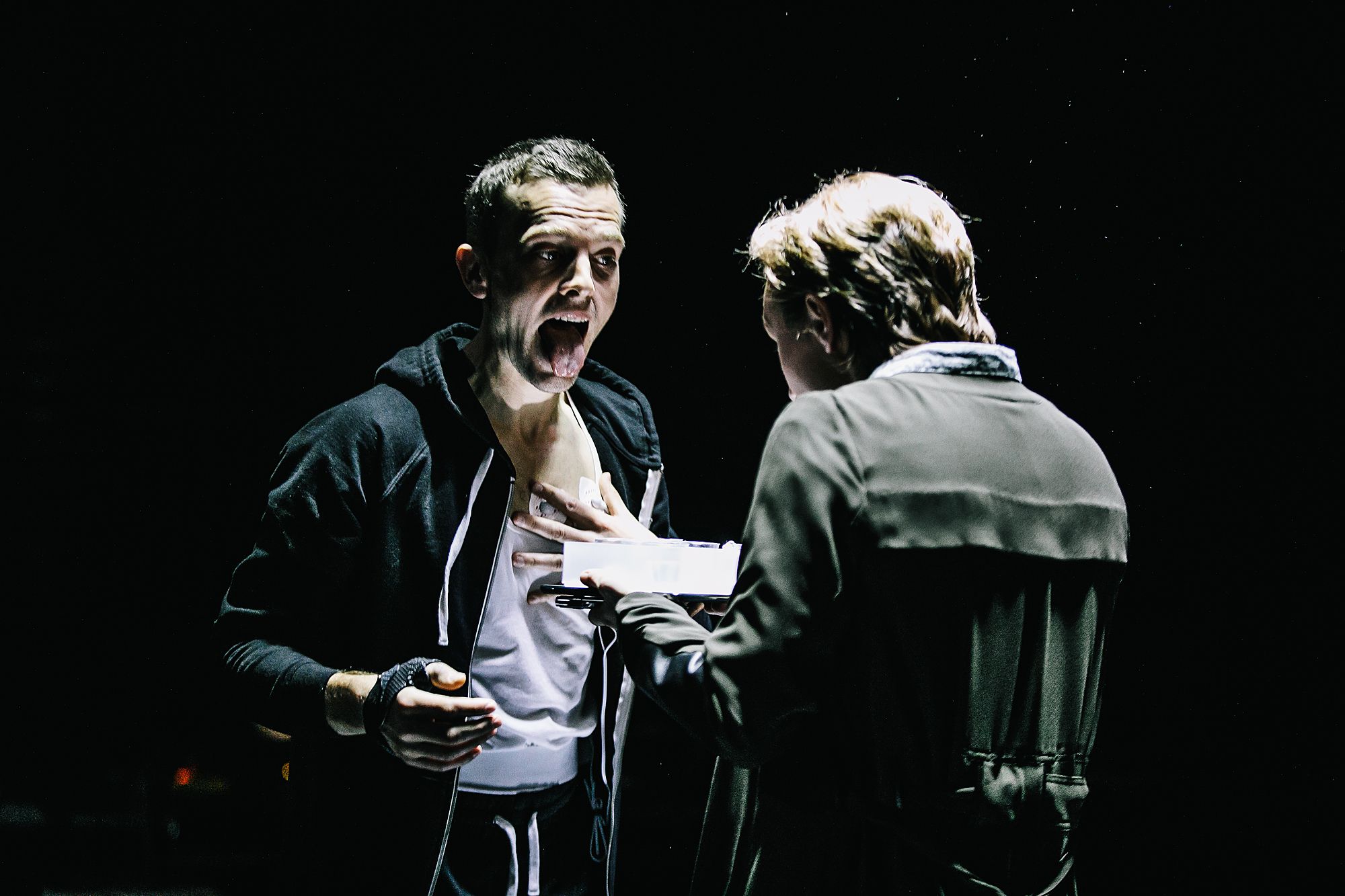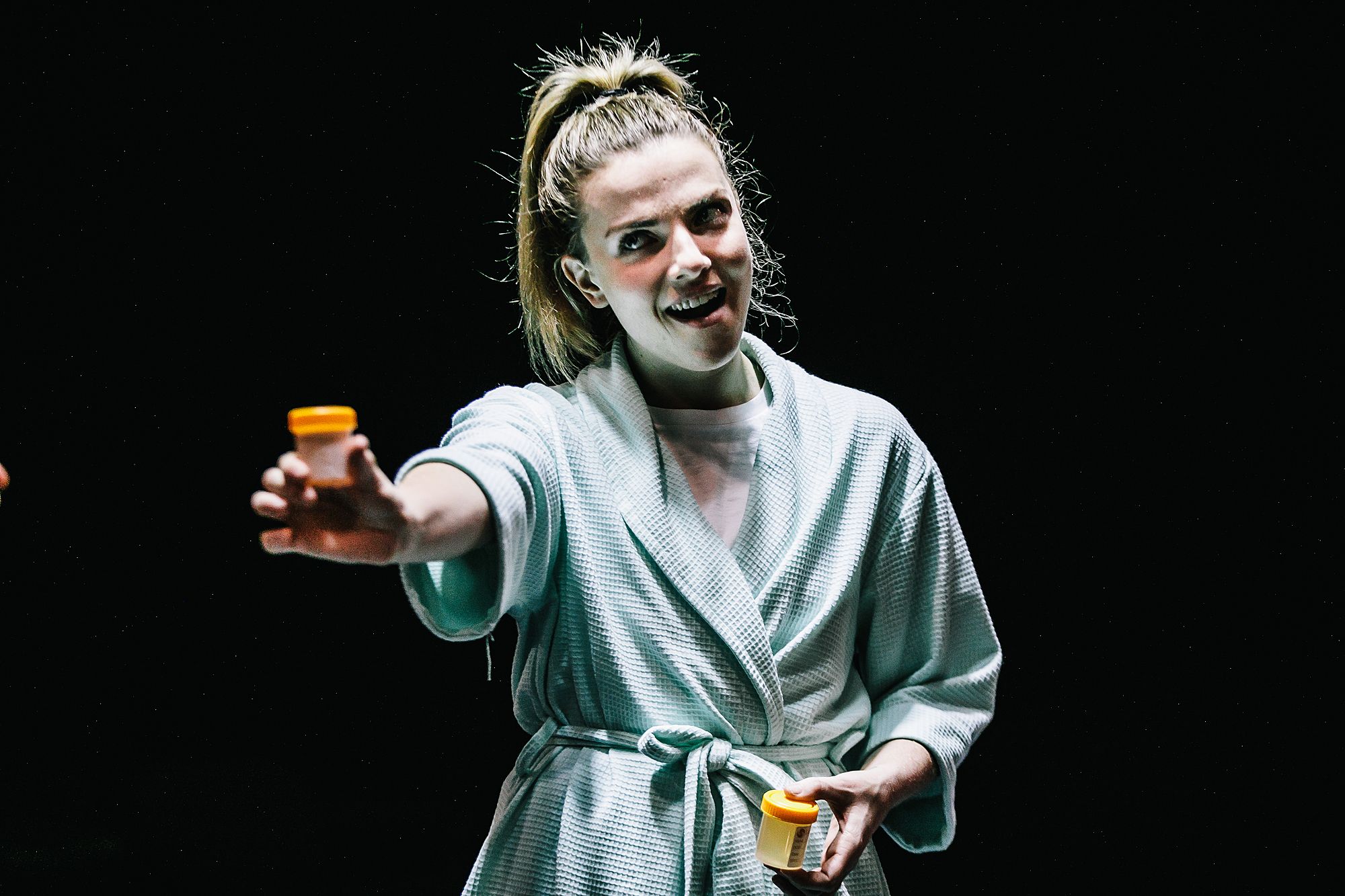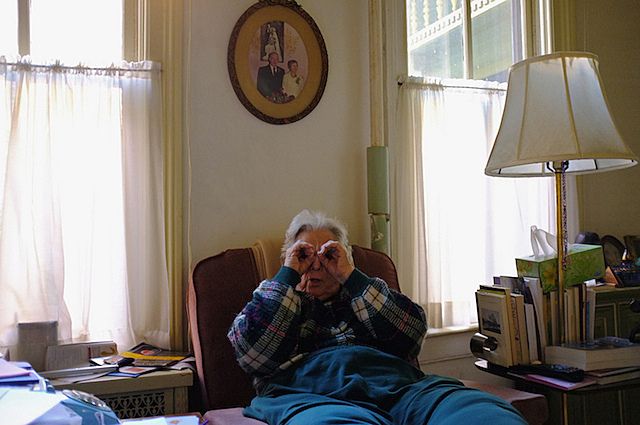Chemical Romance: A Review of The Effect
Melissa Laing takes in the wide-ranging narrative of The Effect.
Melissa Laing takes in the wide-ranging narrative of The Effect.
The Effect is a dense multi-layered play written by British playwright Lucy Prebble in 2012. The playwright describes it as a love story that was inspired by a failed 2006 drug trial. It’s been staged in London, New York, Sydney and now, with a minor tweaking of place names, in Auckland, by director Benjamin Henson and his company Fractious Tash.
The Effect covers a lot of ground, from the more obvious issues of the ethics of drug trials and whether chemically induced love is real, to how we view depression, the implications of a drug-based solution to every problem, and the philosophy of the mind. The wide-ranging narrative is a lot for four actors to carry and weave together over two hours, however the tight structure of the play and the slick set provide solid support for their strong performances.
The drug trial is the setting and set for all the other stories; the action taking place in the round on a stripped-back set consisting of an adjustable perspex platform with strip lighting under four LED screens that both convey information and patterns. The medical nature of the environment is signalled more by the props that inflect the space, heart monitors and pill dispensers, than the set itself. The flexibility and spareness of the set is cleverly used throughout the play, morphing from medical centre to abandoned psychiatric hospital to bedroom and back to hospital.
These shifts in space are also signalled through subtle changes in the actors behaviour, interactions and movements. Indeed, movement is important in this production, as words alone don’t carry the story along. The repetition of the testing routine over a four week period is cleverly conveyed through movement, and emotion is conveyed in all its intensity through leaps, falls and embraces, all choreographed by Lara Liew. The soundscape by Te Aihe Butler and Robin Kelly is similarly integral, using tone and vibration to generate and underscore temptation. In moments of intensity the volume rises to almost painful levels.
The seemingly contemporary issues the play deals with are ones which historical thinkers have also grappled with: what is the root cause of love and sadness? What weight do we give to the wellbeing of the individual against the greater good?
What weight do we give to the wellbeing of the individual against the greater good?
Only weeks before the opening of this play, the medieval poem Le Roman de Tristan by Béroul came to my attention. An early version of the famously doomed and drug-induced love between Tristan and Iseult, it has set a pattern for stories of tragic love in western art, and it’s a pattern that can be seen in The Effect. In Prebble’s story, over a period of months, drug trial participants Connie and Tristan are issued with higher and higher doses of a drug intended to treat depression and physically and mentally examined to establish the effects and effectiveness of the drug. The drug in question enhances dopamine, a highly recognisable neurotransmitter that impacts the brain’s emotional responses and features in lots of pop-psychology articles on what drives those first heady months of love. In Béroul’s Le Roman de Tristan, the love drug wears off and the lovers must decide if the love was real or only a byproduct of the potion they were fed. In Prebble’s play, Connie and Tristan fall in love, and are faced with the question of whether it’s the drug that is influencing their behaviour. Can the feelings still be real if they’re chemically induced? And does it matter?
The love story is the emotional pivot of the play, driving its pace and intensity. Convincing us that it could happen is key to the play’s success. Daniel Watterston is delightful as Tristan, trying his luck in life and falling into obsession with emotional honesty and flashes of fear expressed through aggression. Connie’s character is more conservative, and Jessie Lawrence convincingly conveys the conflict between Connie’s inclination to conform, her growing fascination with Tristan, and the risks that falling in love with him entails.
The love story’s very topical counterpoint is the nature and experience of depression. At a point when mental health is said to be at a crisis point in New Zealand and prescriptions for anti-depressions at an all time high, The Effect’s second story, about how we think about and treat depression, is both significant and challenging to the audience. It’s played out in conversations between secondary characters Dr Lorna and Dr Toby, and delves into the the more cerebral question of what constitutes us as people - the structure and chemistry of our brains, our life experiences, or some combination thereof? Dr Lorna is performed by Shenna Irving with an evocative vulnerability and brittle strength, as she explores her character’s history of depression and the ethical conflicts that arise within the drug trial. Whereas Will Wallace plays Dr Toby with a bland self-confidence until his final and beautifully delivered speech.
I've built a bit of my brain around you.
As with every story that is ambitious in scope, grappling with conveying an entire field within a narrative arc, sacrifices of accuracy have been made for the sake of the story; things that you accept in the moment, but hope to god would not happen in a real clinical trial. For example the idea that there would only be one woman in an entire trial group, that there would be a visible difference in pills, or that the administering doctor would reveal medical information about patients to each other stand out as unlikely. However these are minor details, and should not distract from substantive questions the play poses to us.
Writing about Tristan and Iseult French literary philosopher Maurice Blanchot places a special emphasis on the aftermath: “After three years Tristan and Isolde awake from their desire. Three years, after which they forget each other. But in this forgetting they approach the true centre of their passion, which, interrupted, perseveres.” The final act of the play takes place after the interruption, the break. Forgetting, or more accurately, the impossibility of forgetting are the subject of this act, expressed in Dr Toby’s words when he describes his sense of obligation and love for Dr Lorna. Not romantic, not familial, rather the result of her embeddedness in his life. As he says, "I've built a bit of my brain around you”.
The Effect runs from August 1-12 at Q Theatre. Tickets available here.



